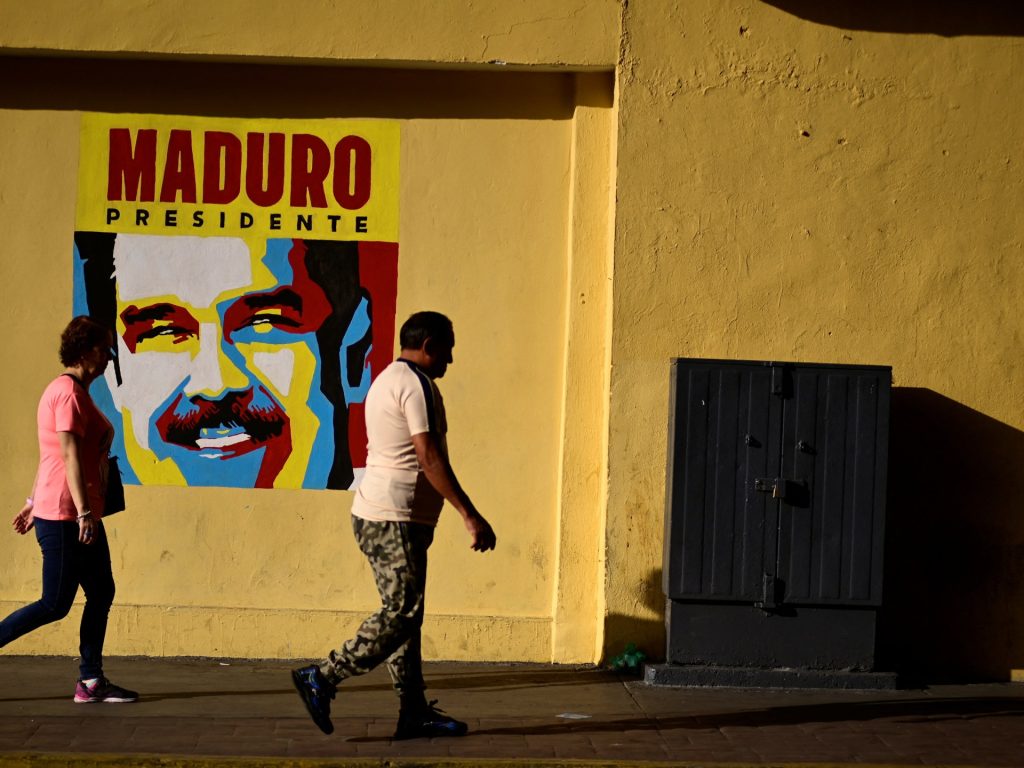Venezuela is facing growing diplomatic isolation following a contested presidential election that opposition groups claim was stolen. In response to the political tensions, the government of President Nicolas Maduro has ended Brazil’s authority to represent Argentine interests in the country, specifically halting Brazil’s stewardship of Argentina’s embassy in Caracas. This move comes as the embassy currently shelters six Venezuelan opposition members who are seeking asylum. Maduro’s government alleged, without evidence, that there were plans for assassination attempts within the embassy, leading to the decision to revoke Brazil’s authority.
However, Brazil has pushed back against this decision, stating that it will not surrender its authority over the embassy. The Brazilian government emphasized that international law protects the inviolability of diplomatic facilities, preventing local law enforcement from entering without permission. Argentina had previously severed relations with Maduro’s government, leading to Brazil agreeing to take custody of the embassy in order to continue representing Argentine interests in Venezuela until a new government is selected to oversee these responsibilities. The asylum seekers, who have been staying in the Argentine embassy since March, expressed concern over being under surveillance and losing electricity in the building.
Post-election tensions have escalated in Venezuela following the contested presidential election on July 28, in which Maduro claimed victory without providing detailed vote tallies. The opposition, which had been leading in pre-election polls, disputed the election results as fraudulent. Opposition leaders have presented evidence of irregularities in the form of precinct-level tally sheets that show candidate Edmundo Gonzalez Urrutia receiving significantly more votes than Maduro. Protests have erupted throughout the country demanding transparency in the electoral process and for Maduro to step down. In response to the protests, Maduro’s government has resorted to violence and mass arrests, including issuing an arrest warrant for Gonzalez on charges of conspiracy and other offenses.
The political unrest in Venezuela has drawn international criticism, with human rights organizations denouncing the government’s brutal crackdown on protesters. Human Rights Watch released a report documenting at least 23 protester deaths at the hands of Venezuelan security forces since the unrest began, describing the violence as shockingly brutal. The situation has raised concerns about the deteriorating human rights situation in Venezuela and the government’s disregard for democratic principles. The decision to revoke Brazil’s authority over the Argentine embassy in Caracas is seen as a further escalation of tensions between the Maduro government and opposition groups, as well as with regional allies who have called for transparency in the electoral process. The situation in Venezuela remains volatile, with calls for peaceful resolution and respect for human rights.















